A Feminist Lens Reimagined : Women in Bharatiya Civilization
Vedic scriptures and epics such as the Mahabharata and Ramayana celebrate women not only for their virtues but also for their wisdom, strength, and leadership.
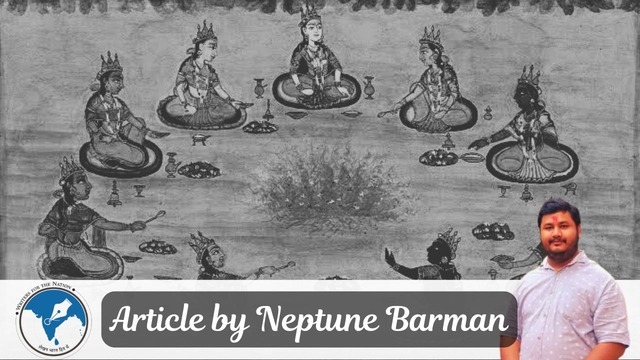
In the tapestry of Indian civilization, women always have a central and profound role, one that transcends mere social constructs and reflects the essence of divinity itself. Unlike the one-dimensional perspective often propagated through feminist ideologies, the Bharatiya perspective on women is deeply rooted in reverence, empowerment, and holistic balance. This perspective offers a refreshing contrast to the reductive narratives that view women only as victims of oppression or as symbols of rebellion against societal norms.
As a student of English literature, I am encouraged to engage with various lenses, including feminist theory, to analyse literary works. However, this singular approach often risks disregarding the diverse cultural ethos and rich traditions that define civilizations like Bharat.
This title is far from being a token acknowledgment; it underscores the pivotal role women play in maintaining societal and spiritual harmony. The concept of shakti, the divine feminine energy, represents the dynamic force responsible for creation, sustenance, and even destruction—an acknowledgment of the power and indispensability of women.
Vedic scriptures and epics such as the Mahabharata and Ramayana celebrate women not only for their virtues but also for their wisdom, strength, and leadership.
Female sages, or rishikas, such as Lopamudra, Gargi, and Maitreyi, were not only scholars but also contributors to philosophical discourses that shaped the Vedic worldview. These examples challenge the stereotype of women as subservient or marginalized in ancient Indian society.
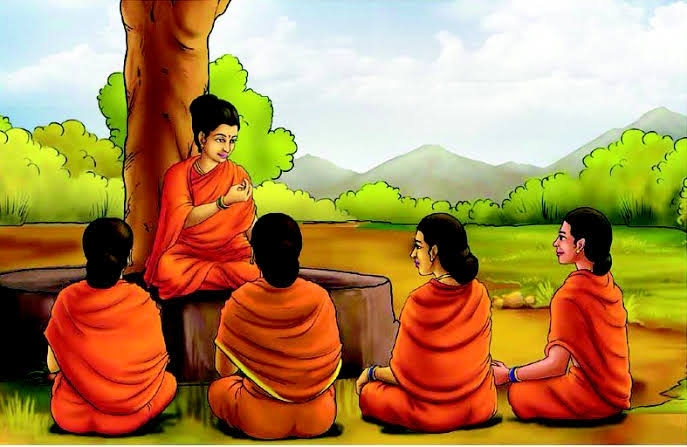
Manu, often misinterpreted in modern discourse, famously stated:
"Yatra naryastu pujyante ramante tatra Devata, yatraitaastu na pujyante sarvaastatrafalaah kriyaah"
("Where women are honored, there the gods rejoice; where they are not, all actions are fruitless.")
This profound assertion places women's respect and dignity at the core of a prosperous and harmonious society. It is a principle that has guided Indian civilization for millennia, fostering a culture where women are viewed as custodians of tradition, nurturers of the family, and carriers of wisdom.
In contrast, the feminist movements in the West, while arising from genuine struggles for equality, often took a path that led to the disintegration of traditional family structures. The emphasis on individual rights sometimes overshadowed the significance of community and family, leading to unintended consequences such as alienation and rising mental health issues.
The Bharatiya perspective does not ignore the challenges women face. Instead, it seeks solutions within a framework that values interconnectedness and harmony. It recognizes that true empowerment comes not from rebellion against traditions but from rediscovering and reaffirming their true essence.
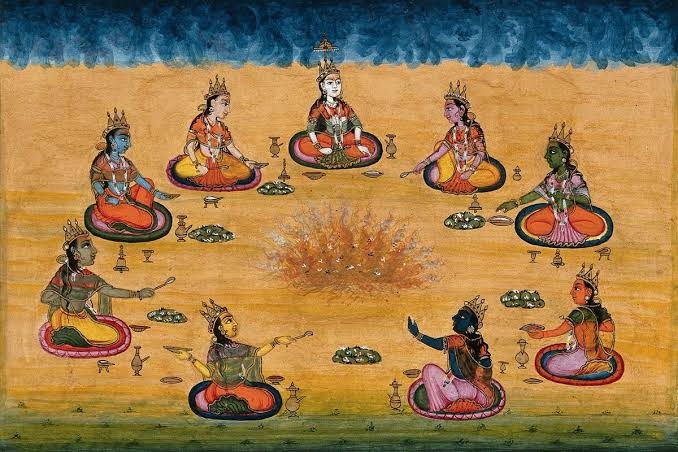
As a responsible students and scholars, it is crucial to approach literary works with a lens that respects the cultural context from which they emerge. While feminist theory provides valuable insights, it is equally important to incorporate indigenous perspectives that reflect the ethos of our own civilization.
A Bharatiya perspective on literature can reveal the inherent balance and respect accorded to women in our texts, allowing us to appreciate their role as nurturers, thinkers, and changemakers. Indian civilization, with its reverence for shakti and its acknowledgment of women as co-creators of societal and spiritual harmony, offers a perspective that is both empowering and holistic.
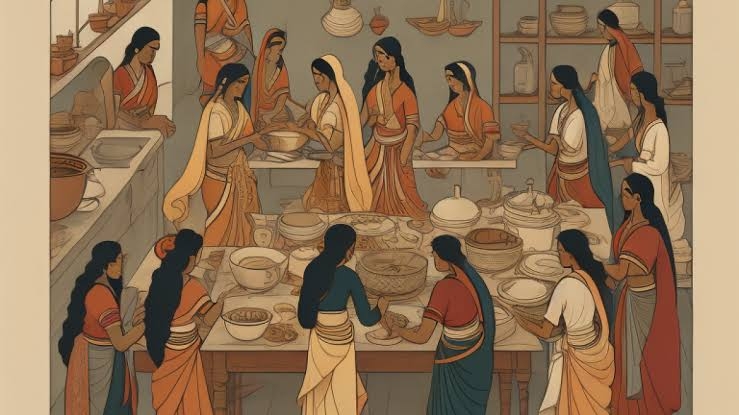
By looking at women through the Bharatiya lens, we can move beyond the narratives of victimhood and resistance to celebrate their indispensable role in the family, community, and cosmos.
In a world increasingly divided by narrow ideologies, returning to our roots and embracing the wisdom of our ancient traditions can offer not only a more nuanced understanding of women’s significance but also a path toward a more harmonious society. Let us honor women not just as individuals, but as the very foundation upon which the edifice of our civilization stands.
Article by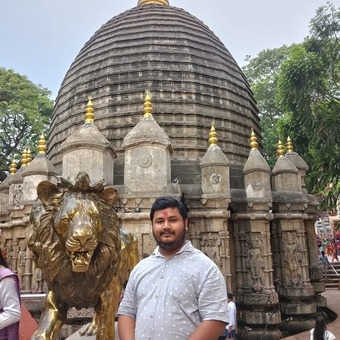
Neptune Barman
Columnist - Writers For The Nation
The Author is pursuing MA in English Literature from Sathyabama University


